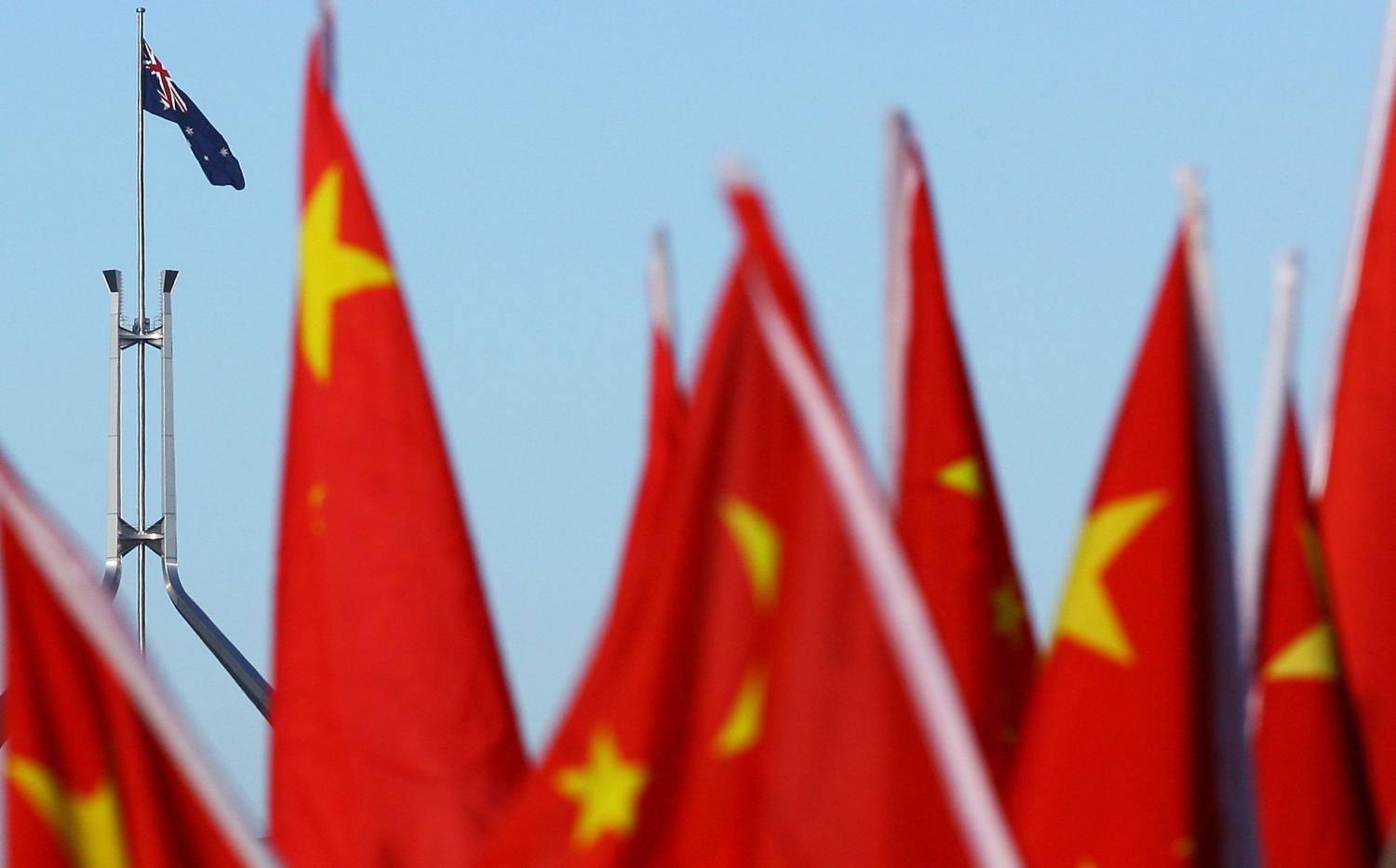Former senator Sam Dastyari cetainly found that history repeats itself as farce. Or as Stephen Conroy, the former Labor defence spokesman that Dastyari infamously contradicted over the South China Sea, would later observe, it took a 'unique set of abilities to be sacked for the same thing twice'.
Dastyari finally quit the parliament in December and the saga over his ties to a Chinese billionaire and any favours he may have traded became emblematic of one of the biggest debating points of 2017: the efforts by the People's Republic of China to influence Australia's media and politics.
Dastyari's resignation is symbolic of a fundamental change in the nature of Australia’s relationship with China, one that is as significant in its own way as Brexit for the UK or the election of Donald Trump for the US.
A Fairfax/Four Corners investigation in June sparked national debate in Australia about China's influence. John Fitzgerald emphasied the importance of continued Australian media scrutiny in this area, and that, no, China is not being demonised:
Public exposure of Chinese government meddling in Australian affairs and of irresponsible self-dealing by Australian politicians and political parties is a necessary pre-condition for advancing the national debate.
Merriden Varrell cautioned not to see the party-state in all the shadows:
The investigation did not convincingly demonstrate that the Chinese Party-state is orchestrating a coherent, strategic effort to infiltrate and influence Australian policy ... What the program perhaps did not have the time or scope to explore was the important fact that the Chinese Party-state is not a single, monolithic, coherent puppet-master.
Anne-Marie Brady warned of China's new approach to foreign influence:
Under Chinese Communist Party General Secretary Xi Jinping, foreign influence activities have gone into turbo drive ... officials and their agents follow a longstanding policy of developing relationships with foreign and overseas-Chinese personages (the more noteworthy the better) to influence, subvert, and, if necessary, bypass the policies of the local government and promote the interests of the CCP.
Gerry Groot documented the long reach of China's United Front Work system:
This complex set of institutions and organisations act as key elements of surveillance and political influence, but also as means of consultation with and representation of those outside the Party. This system is an important reason the CCP’s control is so effective and regarded as legitimate.
After a furore over Chinese students objecting to a University of Newcastle lecturer who characterised Taiwan as a 'country', James Laurenceson wondered whether the issue deserved the attention it received:
Should we really be surprised or feel threatened if a small minority of Chinese students choose not to remain silent on matters they perceive relate to their country’s territorial sovereignty? Are Chinese students more sensitive about Taiwan than Indian students about Jammu and Kashmir? And, perhaps most importantly, isn’t a university campus an ideal setting for all students to engage in critical reflection and debate?
Finally, as the government proposed a 'foreign agents' law to counter influence activities, former independent monitor for national security legislation Bret Walker noted:
A proposed foreign agents law must, to be any good, be very clear as to its targets and their obligations. Should only those who seek to influence government policy be required to register? Should that include foreign corporations seeking trading advantages? Should registration be required only of those who act at the request of a foreign government, or should it extend to those who seek to advance a generalised nationalist or patriotic attachment? Can we not agree up front that worthy enterprises such as the Alliance Française should not be bothered with this extra bureaucracy?

